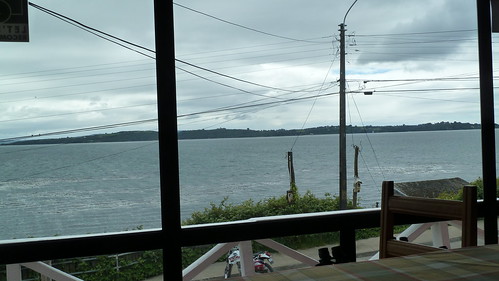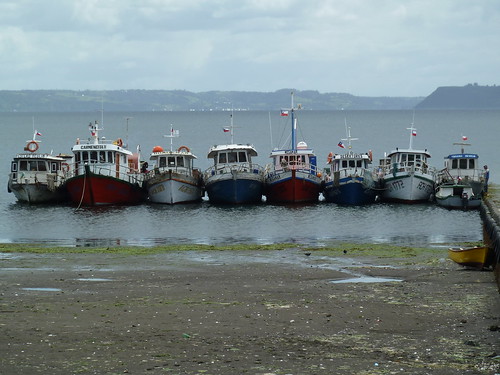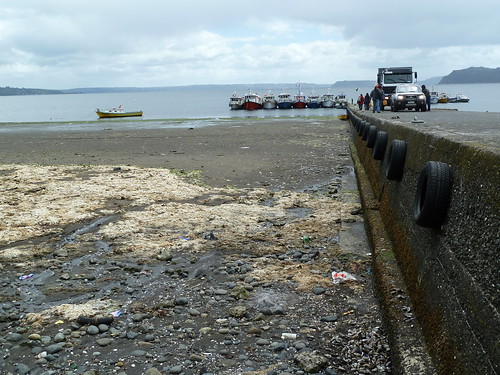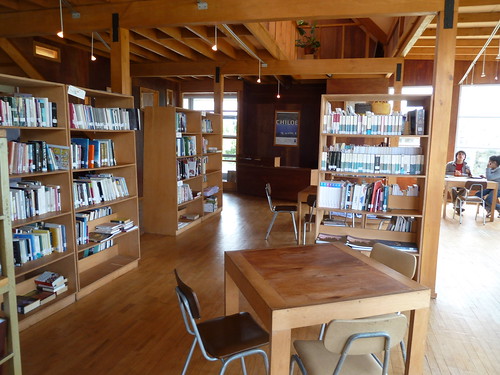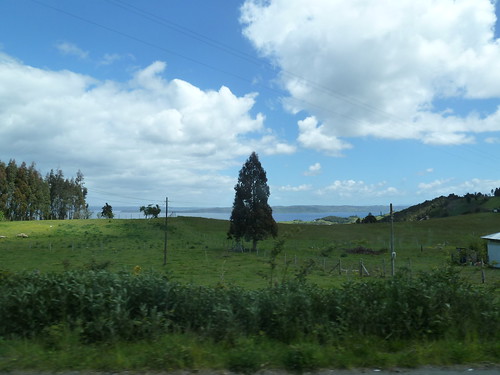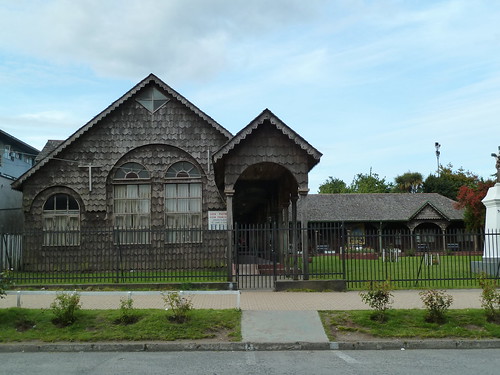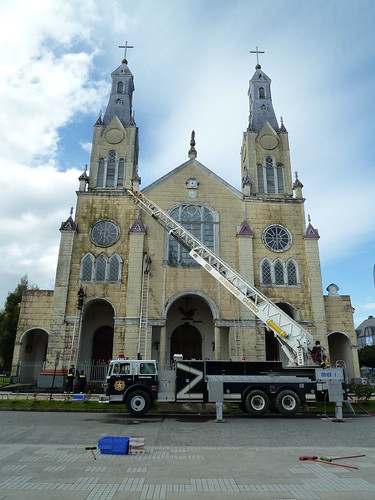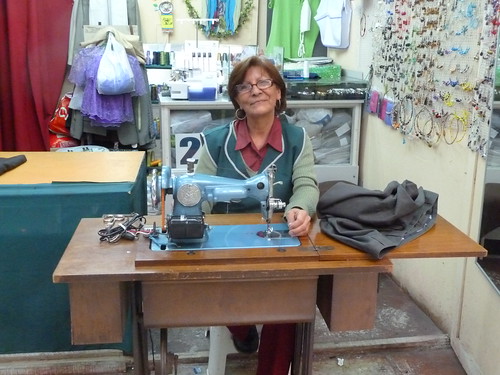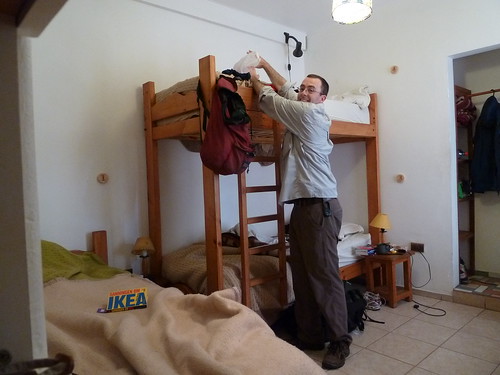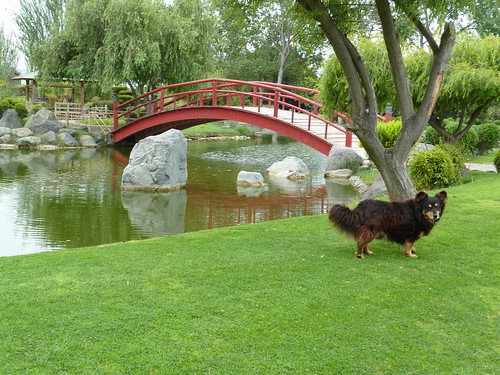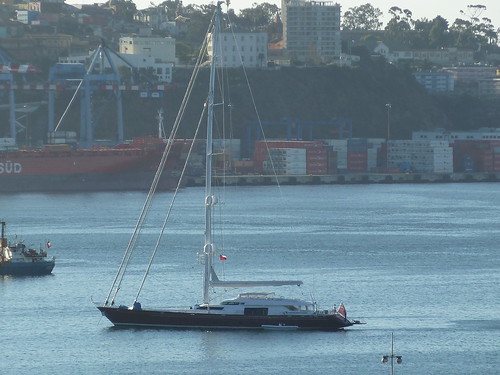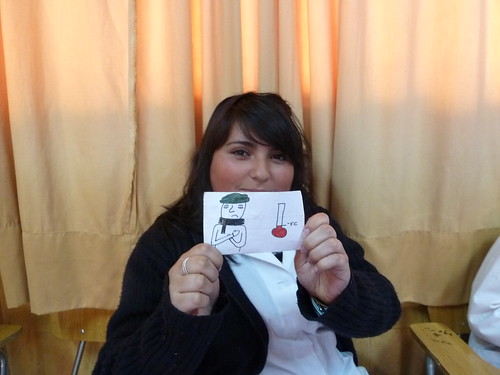I've been singing this week, as I walk down the street. I get occasional compliments from passers-by. I sometimes forget there was a long stretch where I was performing regularly as a singer. By "long", I mean about 10 years.
- 1992-1995: Concert Choir and Chamber Singers
- 1993-1995: A Cappelicans (still active, it seems)
- 1995-1999: Skidmore Dynamics
- 2000-2002?: The Irrationals (Berkeley, CA)
- 2005?: Peninsula Cantare (Woodside, CA)
And, of course, along with almost every other singer at my college, I joined the choir for the semester we performed the complete Carmina Burana by Carl Orff. (I think the chorus was double its normal size that term--it's a challenging piece and a rare opportunity.)
This is interesting not only because it's mostly in the past and a lot of people don't know that about me--it does get me the chicks at parties--but also because somehow I never quite got around to seeing myself as a musician, even though I helped found the Dynamics and led the organizational stuff for the first few years. It's mostly just insecurity: I have a very good voice, but it's not generally a soloist's voice, and most of the people I sang with during the intense years were much more talented than me.
At my school, the Concert Choir was a course that anyone could take, while the Chamber Singers were a subset of the Concert Choir, taken by audition. Everyone auditioned, whether for the Chamber Singers or not, so Mr. Gottschalk could hear every individual and know what voices he had for the term: an artist inventorying the materials he was required to work with.
It gets harder to imagine the more recently you've met me, but I was shy. This is what happens with many inexperienced singers.
"Okay, Chris. Please sing 'Happy Birthday' with the piano."
I did.
"All right. Please sing it again, as loud as you can."
I did.
"Never sing any quieter than that."
Singing is a curious thing. It's very personal: our voice is how it is. We can always learn to use it better, but you can't switch it out like you can with a man-made instrument. When I bought a nicer guitar, my guitar playing instantly sounded better, because the instrument made a vastly better sound and was easier to play. Your voice is your body; it's you. Using our voice well is a physical way of being, breathing properly and supporting the sound and figuring out how to configure our mouth and throat. Most of us can't manipulate those things directly, so voice teachers have an array of mind tricks for us, like "open up the space between your back teeth." That's not actually possible, but it does relax and open our throat. Mr. Gottschalk was getting me to stop being shy, to put some strength behind my voice.
The Chamber Singers were regularly recruited for school events, alumni fundraisers and the like. We performed almost entirely from memory; we were extremely well-rehearsed by a demanding and competent semi-tyrant, we performed often, and we loved singing. When we went to Europe in 1993, we had a 6-hour wait in JFK, some of which we spent singing for other waiting passengers. Just because we could. Because sitting around with a group of people you mostly like, when all of you together can create something beautiful just by opening your mouths, why wouldn't you?
When we went again in 1995, I was one of the seniors, so this was a capping experience as we careened steadily toward graduation. We visited
Neuschwanstein, one of mad King Ludwig's many fairy-tale projects (and the model for Disneyland's Magic Castle), based on the mythology of Wagner's operas. Among other things, there's a room near the top that's built as a theater for opera, though I don't know if it was ever actually used as one.
When we entered, we did what most a cappella singers do in a performance space: started snapping our fingers to check the acoustics.
"Can we sing in here?"
"I can't imagine they'd care, it's not like it'll hurt the artwork."
"We should ask, so we don't get kicked out of the castle."
The tour guide was a little perplexed, and once we got the idea across, I think a little skeptical. Rightly so: if a bunch of American high school students told me they were going to sing something in a random room in my castle, I'd probably give them the same look. You certainly don't expect a polished semi-professional performance.
But that's what they got. We picked a starting pitch, someone conducted, and we sang "
Hark! I Hear the Harps Eternal," an exuberant, resonant arrangement of an American spiritual. (The group Anonymous 4 has a version on their
American Angels album, with very different harmonies; check out the audio sample.) Lots of powerful open fourths and fifths, and all the parts are sitting right in the meat of their ranges, where we can control our volume and tonality.
The guide was a little surprised. The sound filled up the hall and spread down the stone staircases on either side. Tourists and guides started to filter in. Singing
a cappella in public is like
Improv Everywhere: suddenly, a mysterious order perturbs the ordinary flow of chaos. Everyone applauded at the end.
Performing is complicated. It's important to do it for yourself, but as soon as you have an audience, you have to do it for them, too. It's like sharing something beautiful with someone you love: look at this really cool stone I found! Look at that deer over there!
Neuschwanstein doesn't get much music these days: you trundle through on the tours, echoing through the stone hallways and stairwells, but it's a museum, a relic, a stunning monument to one monarch's madness and obsession, at the tail end of the age of autocracy.
For a brief few minutes, we made it alive again.
